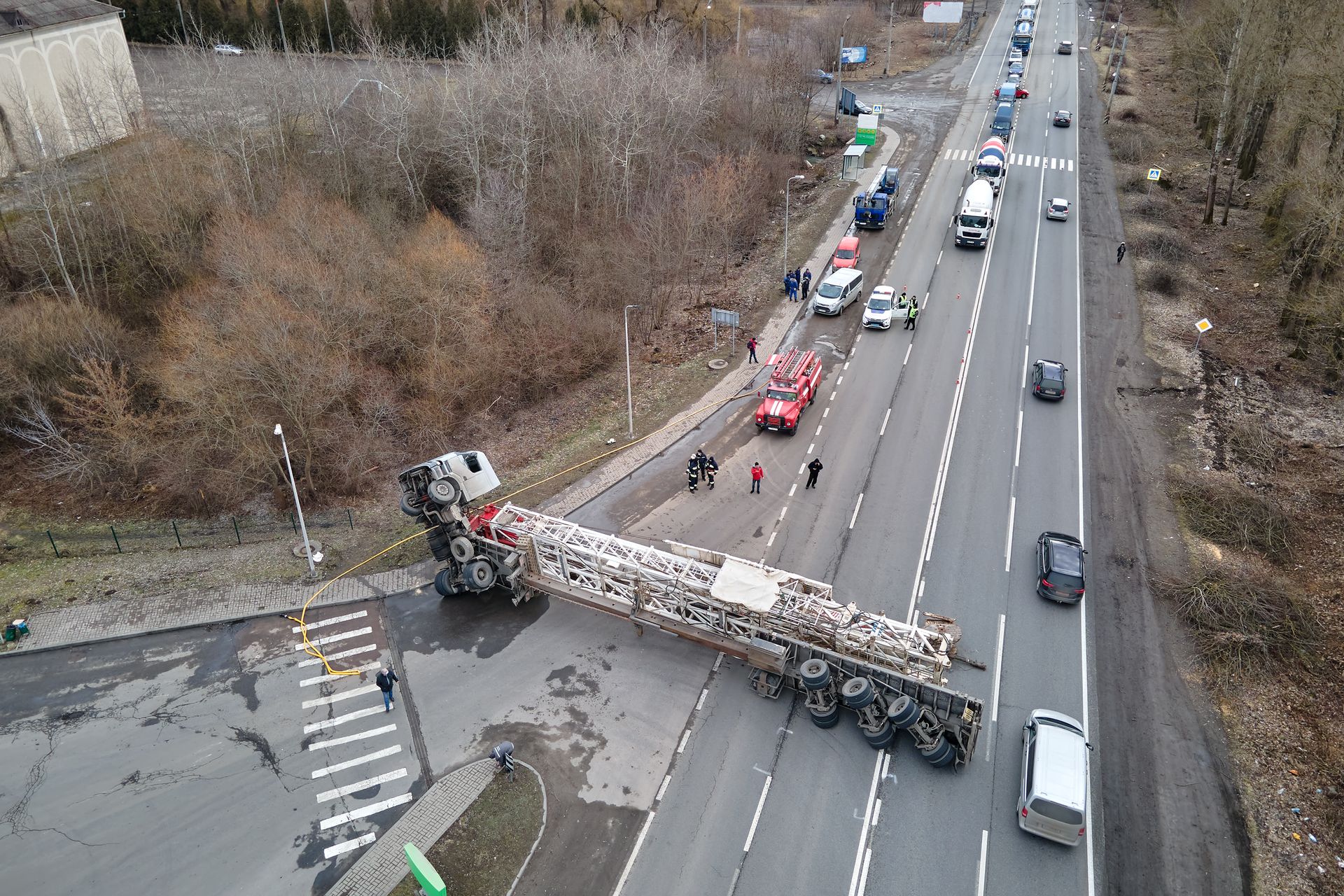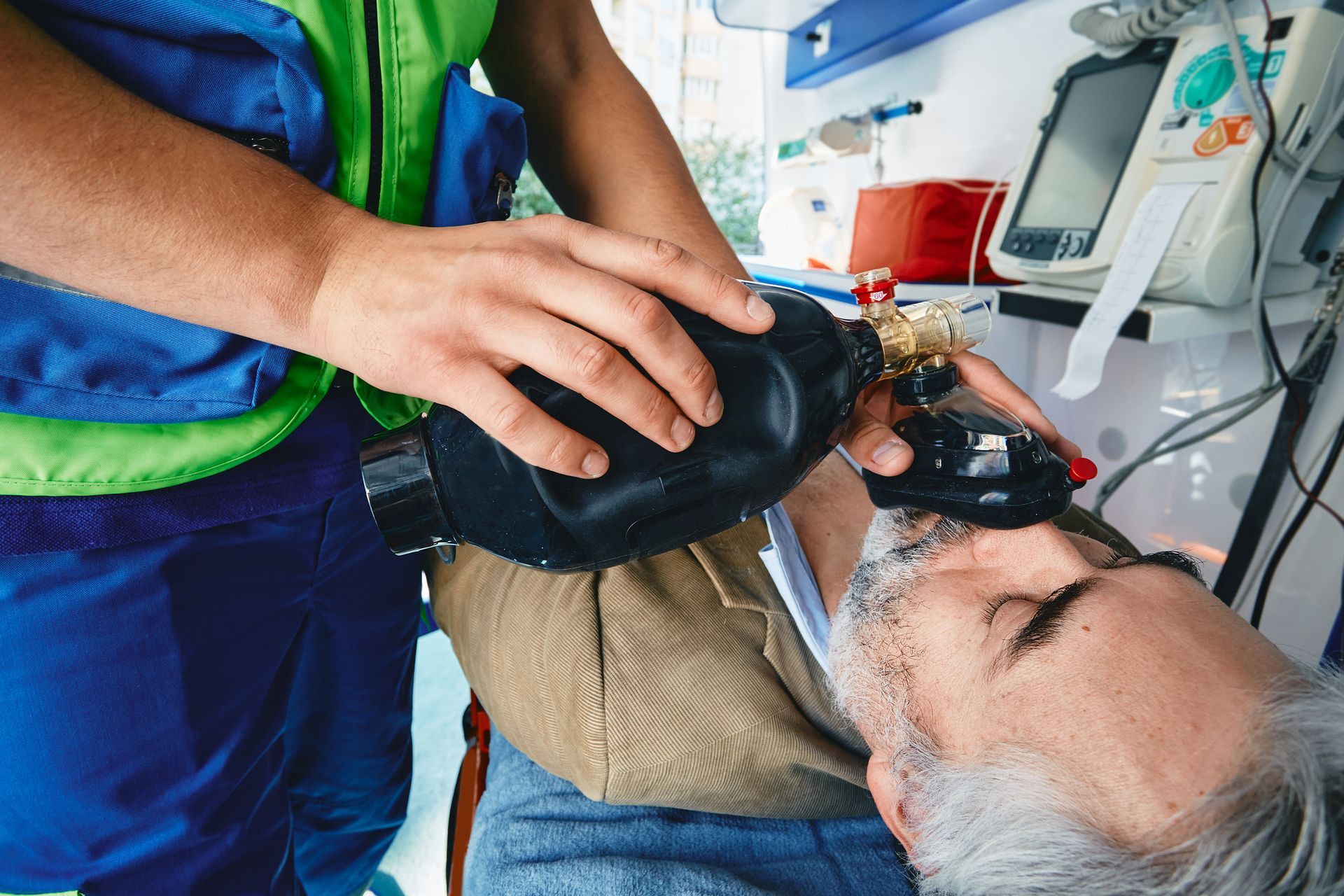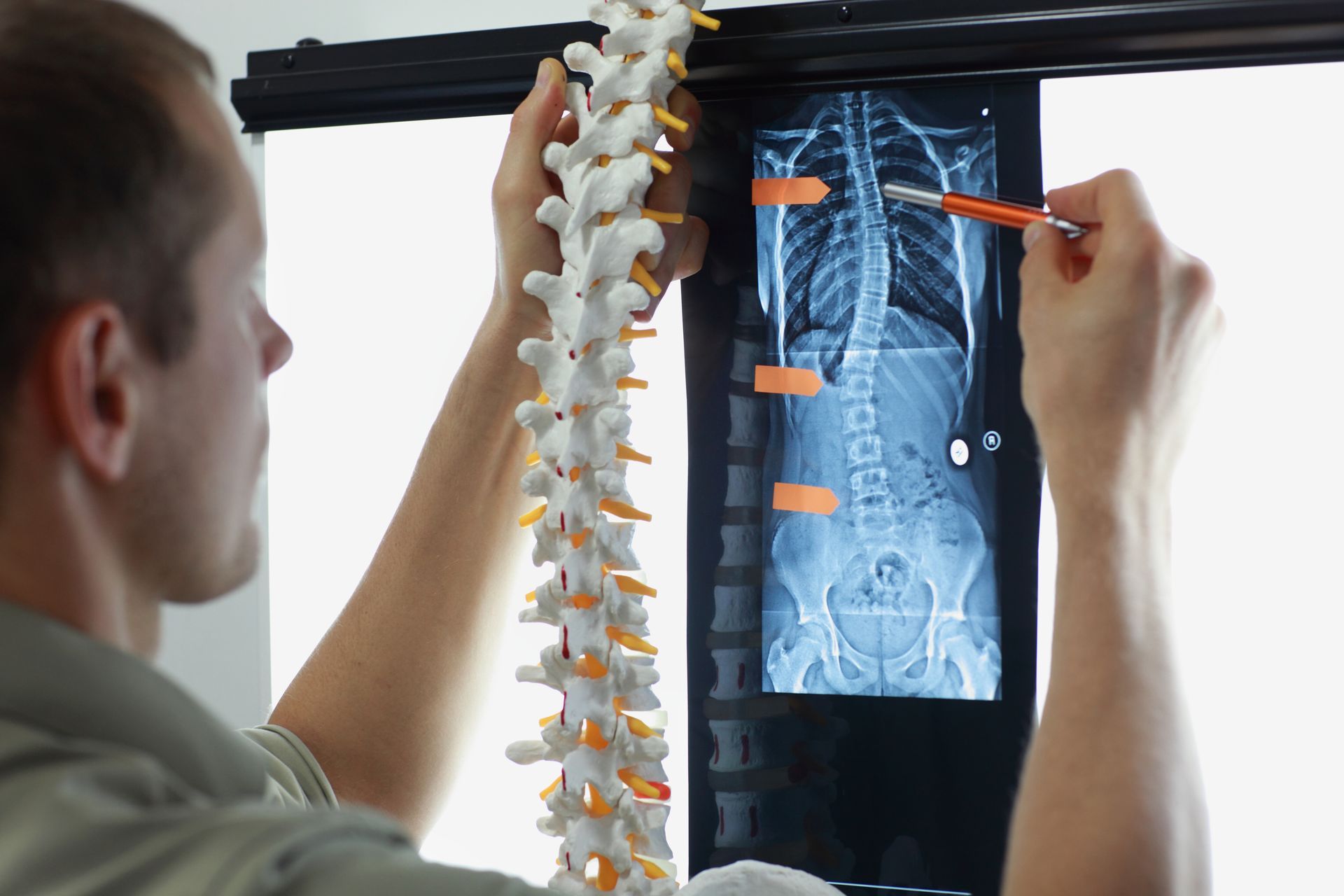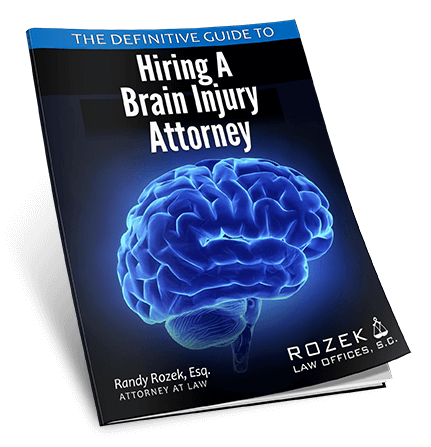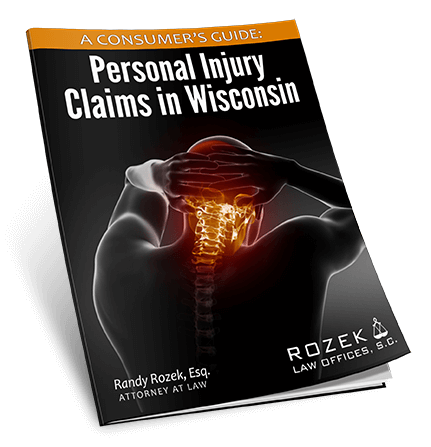Researchers studying biomarker to aid children with traumatic brain injury
A new study recently published in Neurology, the journal of the American Academy of Neurology, suggests that a biomarker might help identify children who might have more trouble recovering from a serious brain injury. An article published March 15 by Healthline discusses the subject. March is International Brain Injury Awareness Month and many health and […]
A new study recently published in Neurology, the journal of the American Academy of Neurology, suggests that a biomarker might help identify children who might have more trouble recovering from a serious brain injury.
An article published March 15 by Healthline discusses the subject. March is International Brain Injury Awareness Month and many health and news outlets are publishing stories about the effects of traumatic brain injury to help spread awareness that sufferers and their families face when traumatic brain injury (TBI) occurs.
The Centers for Disease Control and Prevention (CDC) report that traumatic brain injury (TBI) is the number one cause of disability and death among children and adolescents in the United States.
The risk of sustaining TBI is even higher for children younger than 4-years-old and teenagers between the ages of 15 and 19, according to the Healthline article.
“ Research has shown that TBIs are particularly traumatic for children, as they impact the child’s brain development and can cause serious cognitive impairment over time. Negative effects include a decline in reasoning and trouble processing information.”
With a brain injury, every situation is different. Sometimes symptoms occur automatically while other times the effects don’t show until a child is older.
Some symptoms of TBI include cognitive difficulties such as trouble concentrating, impulsiveness, confusion, trouble concentrating, and issues with memory. Other symptoms can affect speech — or a child’s senses, perceptions, or vision might be affected. Sometimes these issues are a problem until a child is faced with various cognitive challenges.
The new research suggests that a new biomarker may help anticipate which children will have more trouble recovering from a TBI and consequently require more aggressive treatment.
The study examined 21 children between the ages of 8 and 18 who had been admitted to a pediatric intensive care unit as a result of a moderate to severe TBI. Reasons for the brain injury included traffic accidents and falls from skateboards or bikes.
The study also used a control group of 20 children who did not experience TBI.
Following multiple scans and memory tests, the researchers found that a few months after the injury, half of the children with TBI had slow transfer time while half had a normal transfer time – that is, within the same range as the healthy control group.
The TBI slow-transfer time group showed progressive decline during a specific period, while the other group showed signs of recovery. Memory tests also revealed poorer scores for the group.
“Although the study sample was small and the findings need to be confirmed by larger studies, the current results point to the disruption in the white matter as a reliable biomarker for predicting the children who will have more trouble recovering from a TBI,” the article reads .
